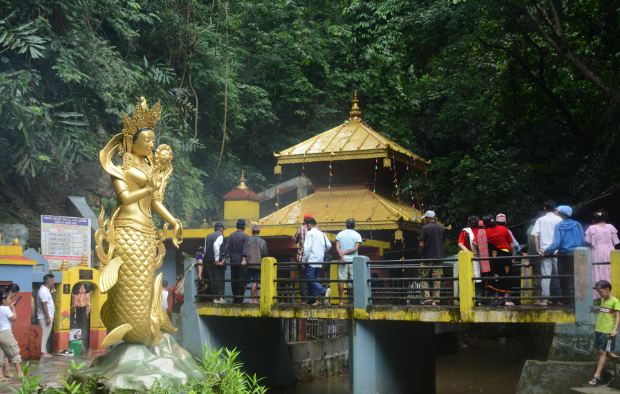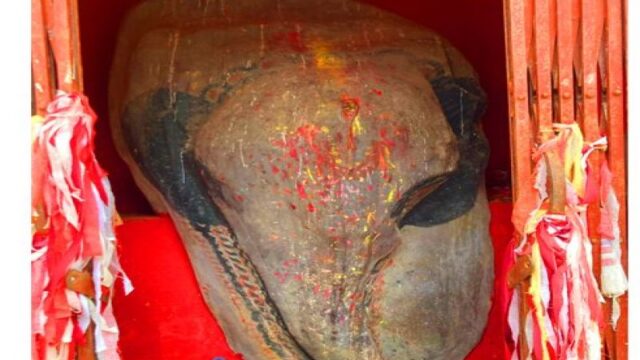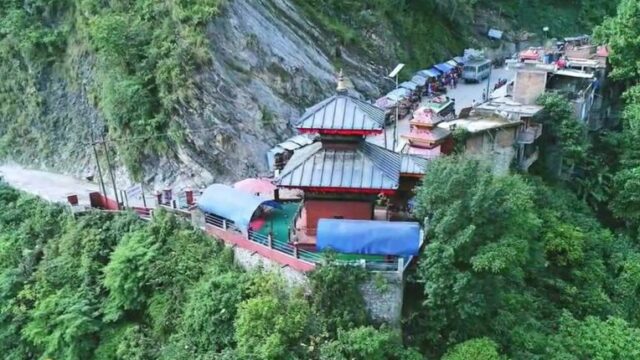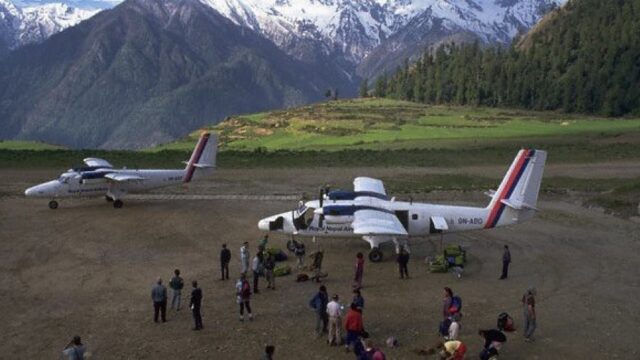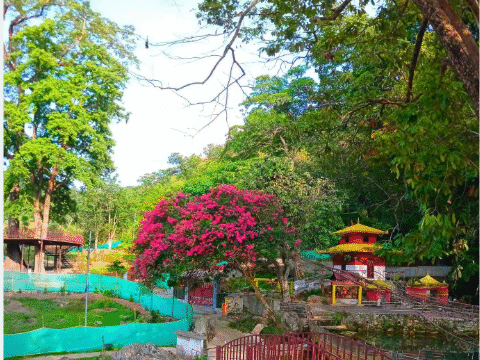The Chhabdi Barahi Temple, located in Vyas Municipality-14, has welcomed over 500,000 devotees in the past year, according to the Chhabdi Barahi Development Fund. Devotees from 65 districts visited the temple for worship and pilgrimage during the fiscal year 2080/81, as shared by the Fund’s Chairperson, Prem Bahadur Thapa.
Thapa mentioned, “Our data indicates that more than 500,000 devotees have visited the temple, with visitors arriving from 65 different districts.” The temple holds a deep religious significance, as many believe that worshipping here fulfills their heartfelt desires. The temple has recently been renovated, making it an even more attractive site for pilgrims.
The renovation was completed with a budget of NPR 7 million, with NPR 2.4 million provided by the Gandaki Provincial Government and NPR 4.6 million from the internal funds of the Chhabdi Barahi Development Fund. The temple remains closed for worship during the entire month of Shrawan, as well as on the days of Aunsi and Ekadashi each month.
There is a local belief that the deity, Jaldevi, resides in the form of a golden fish inside the Chhabdi Barahi Temple. Thousands of fish can also be found in the river surrounding the temple. Devotees believe that bathing in the Chhabdi pond and fasting while worshipping at the temple cleanses them of all sins and grants their wishes.
The temple is attended by three priests from the Magar community, and animal sacrifices, including ducks, pigeons, goats, and buffaloes, are offered except during the month of Shrawan, Aunsi, and Ekadashi.
The temple complex features several attractions, including an ancient Chhabdi Barahi Temple, a fish-shaped water spout, and a pond filled with fish, with a statue of Matsyagandha in the middle.
A master plan has been developed to protect the temple and promote eco-friendly infrastructure, religious and rural agricultural tourism. The plan includes measures for the preservation of religious and cultural heritage, raising awareness about the temple’s natural diversity, enhancing the temple grounds’ beauty, and implementing proper waste management systems.
Located just seven kilometers from Damauli Bazaar, the temple is easily accessible via a blacktopped road, making it a convenient destination for pilgrims and tourists alike.
